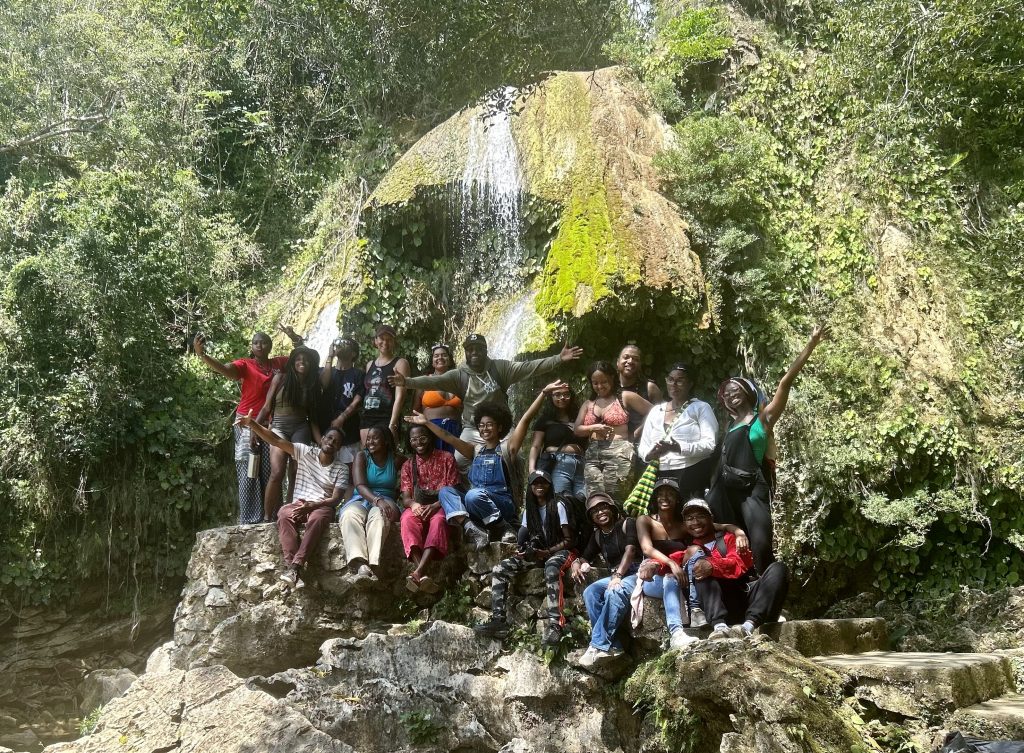By Lex Wiley
Last month, I went to Cuba for five days to join ReglaSOUL’s Farming + Sustainability Immersive program. ReglaSOUL is a community-centered organization sharing experiences of Afro-Caribbean culture. Their program features cultivated experiences with Afro-Cuban farmers, artists, community organizers, healers, educators and entrepreneurs from around the island many of whom are very close friends with the founders of the organization, Amberly Alene Rodriguez and Alexey Rodriguez. It explores topics including urban farming, regenerative agriculture, food apartheid, environmental racism, climate crisis, limited access to essential resources and more. Their intentionality, along with the whole ReglaSOUL team, beautifully weaves together opportunities for us participants to build long-lasting relationships for kinship and mutual learning with the Cuban people.
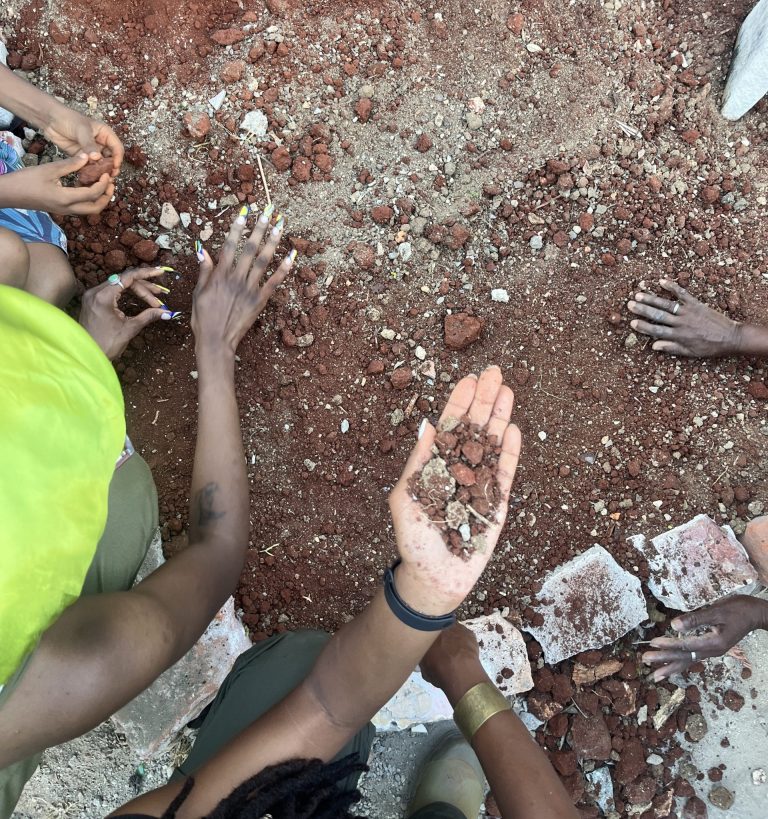
That’s what attracted me to this program. When I first learned how to educate, the most important skill and value I learned was to lead with relationships. By doing that, a learning community establishes a common ground based on mutual respect and learning where their experiences are valued and their whole person honored in the space. So I was incredibly excited to apply and join an experience like this so I could connect with other Afro-descendants and exchange our experiences and knowledge working in agriculture, food sovereignty and community organizing. It felt particularly important to be a part of this program and connect with the folks of ReglaSOUL and their community because of our shared missions working towards culturally-rooted land-based education and building collective liberation strategies to cultivate stronger relationships across the African diaspora.
Every immersive program experience is different as the ReglaSOUL staff takes extra care to cultivate unique experiences for each cohort. As a group comprised of farmers, small-scale growers and budding medicinal healers, our experience was tailored to our interests in those fields. We visited a community-organized library, a museum and art gallery, Osain herbalists, and numerous farms engaging in natural agricultural practices (also known as agroecology or regenerative agriculture). There were so many rich experiences that it’s impossible to divulge all the details here, but I want to share the total impact of the experience. One of my favorite aspects of the Black Philadelphia farming community is our tenacity to dream and work for more than we are given, not to uphold capitalism or other sociopolitical systems, but to have something of our own in our community. I felt that same energy within the people I met in Cuba. The nuances of geographical, political, historical, and cultural contexts are quite different, but I see that we are unified by this drive to build our communities.
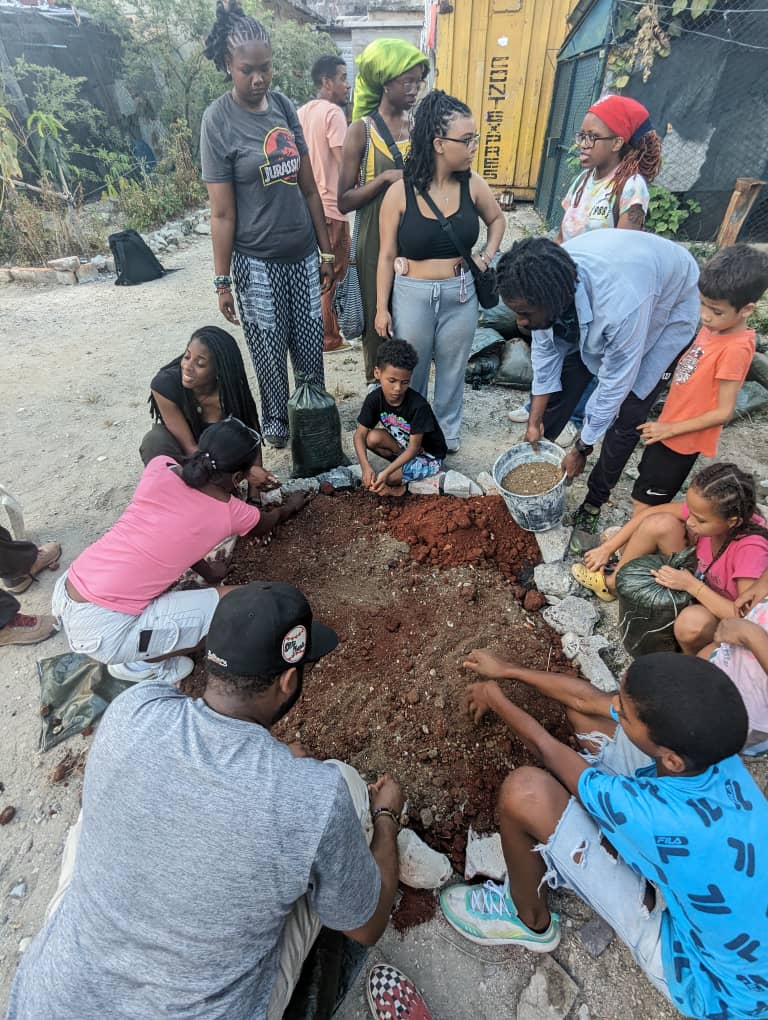
It is something that I (perhaps unoriginally) define as a unifying theme of the African Diaspora as we create for ourselves in the most exploitative conditions. The way we go about it, particularly in the fields of food sovereignty, agriculture and communal work calls on a tradition of centering community voice, design, gathering, practice, prayer, meals and legacy. For example, I think of marronage – the act of our enslaved ancestors freeing themselves and often fleeing to seemingly inhabitable, wild American locations like the Great Dismal Swamp of Virginia, US, the mountains of Haiti or Jamaica, or the rainforests in Brazil and Colombia. They were armed with their knowledge of growing, crafting and warfare and generated their own internal economies and defended their habitations. They created homes for themselves in physical and social geographies that did not honor their inherent dignity.
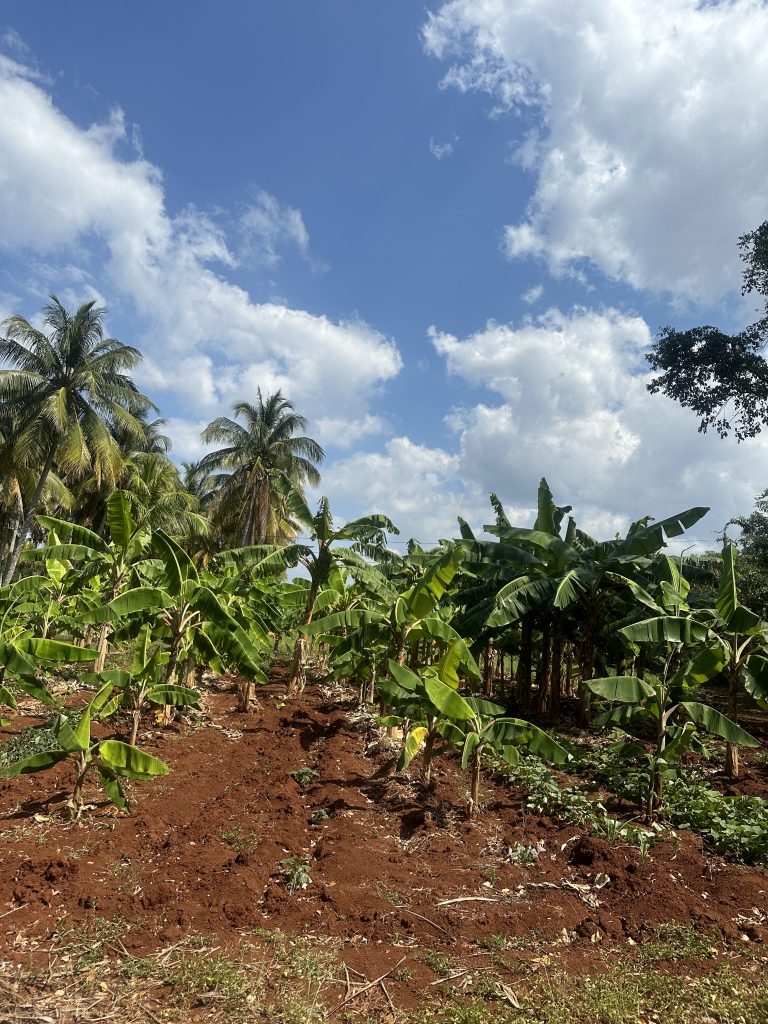
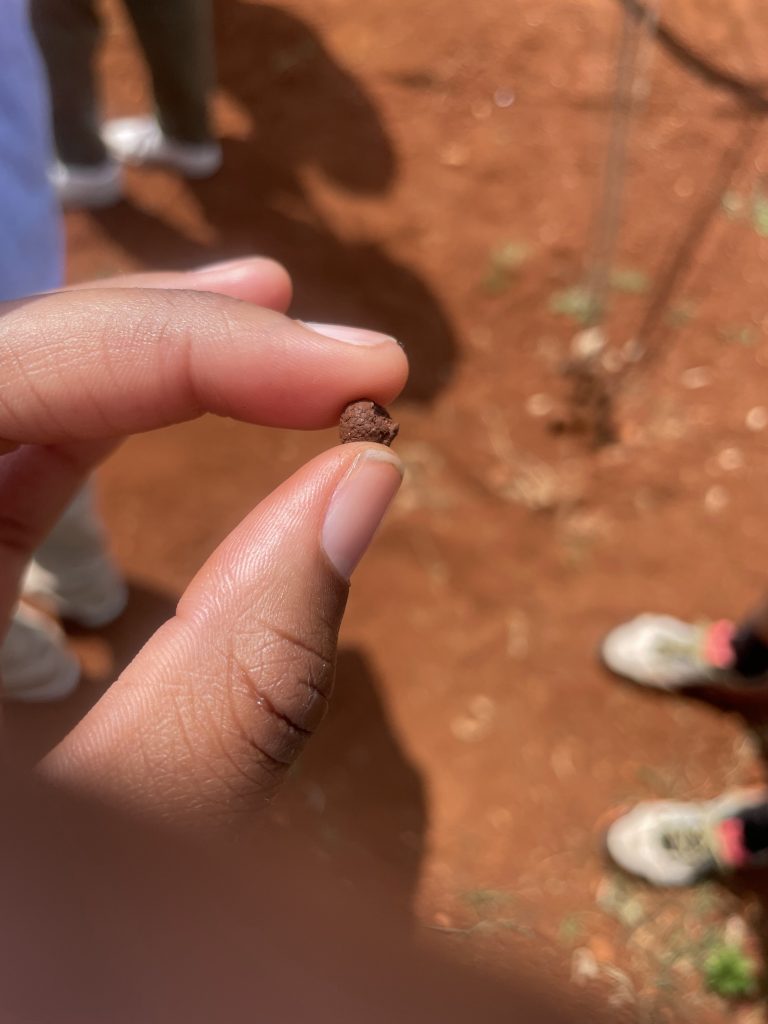
Our present work as growers and community organizers reminds me of this movement. In both the cycle of colonialism and as reflections of our ancestors, I see us – witness us as a people converge on these practices of community across generations and geographies, particularly in food sovereignty work. We are intentional about not only growing our cultural food, but passing down the foodways, or knowledge systems of how we cook, preserve, seedkeep, cultivate, gather and celebrate around them. We cultivate relationships to further connect our community and reclaim our identity and relationship with food, agriculture and the land through education. And we honor our ancestors’ tenacity and legacy in every part of our efforts – we give thanks. Like our ancestors, we create new homes and senses of belonging on our own terms.
My favorite part of this experience then was seeing myself, my community of farmers, educators, activists and organizers of Philadelphia so beautifully reflected in the folks I met in Cuba – not only because we look so similar, but because we move through this work and this world with the same spirit. I feel inspired to have met many incredible people all doing their part for their community. I’m reminded of the diasporic notion that our sense of place and home is within our people. That feels fitting for a people who have been displaced (through the Transatlantic Slave Trade, imperialism, neo/colonialism, internal migration, gentrification, etc) yet continue to look towards ourselves. I felt a sense of home while in Cuba because I felt reflected in the people we met. And for that, I am always grateful for I feel a little less alone in the work we do.
